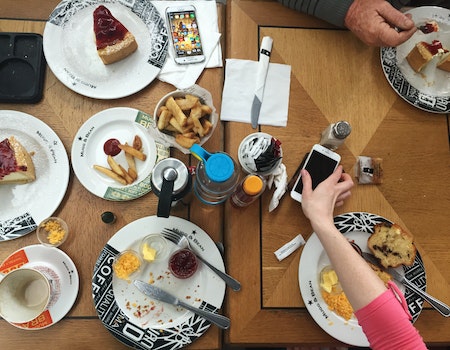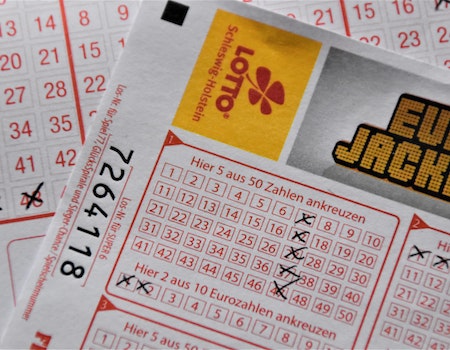Conditional Sentences in English: A Beginner’s Guide
How often do you use conditional sentences in English? How often do you say things like…?
“I would travel the world If I won the lottery!”
“I would’ve passed the test If I had studied harder!”
Very often, our deepest wishes and most bitter regrets are subject to external factors –conditions that need to be met so we can achieve something; things that could’ve changed the way life unfolded.
And, as it happens, there is a name for this type of phrase: conditional sentences.
First, we should warn you that, In English, we have 4 main types of conditional sentences. That sounds like a lot, right? Well, let’s start and see how far we can get. Just make sure you take down a few notes!
→Sign Up Now: Free Trial English Lesson With a Native Teacher!←
Zero conditionals
If you heat ice, it melts.
The first type of phrase in this blog, called zero conditionals, is the only type that has nothing to do with personal wishes. In fact, these conditional sentences describe a scientific fact or universal truth; in other words, things that always happen if certain conditions are met. For example,
If you eat a lot, you feel tired.

As you can see, we have two clauses, the “if” clause (the condition that needs to be met), and the outcome. In zero conditional sentences, both are in the present: you eat a lot (present), you feel tired (present).
First conditionals
If you train hard, you will become a great sportsman.
Next in line is the first conditional sentence, which speakers use when discussing a realistic possibility, something that could happen. To understand how this type of phrase works, think of the kind of thing your mother used to tell you whenever you did something that she deemed as careless or wrong. Things like “If you don’t put on your jacket, you’ll catch a cold”, or “If you keep eating like that, you’ll get sick”.
From a grammatical perspective, this type of conditional is almost as easy as zero conditional sentences. Again, the condition is in the present (if you train hard), but in this case, the outcome is in the future (you will become a great sportsman), because the potential outcome is a future occurrence.
So far so good? Great! But I’m afraid that’s just the beginning!
Second conditionals
If I didn’t have two pets, I would travel more often.
So far, we have been talking about things that always happen or could very easily happen if certain conditions were met. But what do you do when you want to talk about far-fetched possibilities or even fantasize about your future? Easy: you use second conditional sentences.
Second conditional sentences are used to talk about something that is not very likely to happen or, in other words, imaginary or hypothetical situations that could take place in the future.
For example:
If I won the lottery, I would buy a huge house.

From a grammar perspective, this is where things start to get a bit more complex: as you can see, the ‘if’ clause is in the past (if I won the lottery), and the outcome is in the conditional form, i.e., it uses ‘would’ and a verb in its base form. (I would buy a huge house).
Oh, by the way, this is as good a time as any to tell you something: in conditional sentences, no matter whether they are zero, first or second, the two clauses that make up the sentence are perfectly interchangeable.
Conditional Sentences in English: Revision
Bearing this in mind, let’s do some revision.
Zero conditional (If: present / Outcome: present)
If you heat ice, it melts.
Or:
Ice melts if you heat it.
First conditional (If: present / Outcome: future)
If you travel hard, you will become a great sportsman.
Or:
You will become a great sportsman if you train hard.
Second conditional (If: past / Outcome: conditional with would)
If I won the lottery, I would buy a huge house.
Or:
I would buy a huge house if I won the lottery.
See? In conditions sentences, you can reverse clauses, but it’s very important that you remember what tenses you need to use for both the ‘if’ part, and the outcome clause.
Okay, now that we got that out of the way, let’s move on. We are almost there now!
Third conditionals
Of course, no list of conditional phrases without sentences that will allow you to talk how things could have been different in the past.
Well, the third type of conditional sentence is the first in this blog to involve the past, the one we use to wonder how things could have been different in the past under different conditions, or we’d taken different decisions.
Let’s see a couple of examples.
If I had known what a “yield sign” was, I wouldn’t have crashed my car
If it hadn’t been raining, I would have taken the bus.

As you can see, in these conditional sentences, the condition is expressed in the past perfect (had known, had been raining, had asked) and the outcome is expressed in the past conditional (wouldn’t have crashed, would have taken, would’ve told).
And, as with the rest of the conditional types, the clauses in third conditional sentences can be reversed. Here are the reversed versions:
I wouldn’t have crashed my car if I had known what a “yield sign” was!
I would have taken the bus if it hadn’t been raining.
So, what is the best version? The one that starts with the ‘if clause’, or the one that starts with the outcome? In the end, it really depends on what part of the sentence you want to emphasize. No matter what order you opt for, remember to keep the right grammatical form for both parts and you will be all right!
Learn how to use conditional sentences with a native teacher!
So, there you have it: the 4 types of conditional sentences, their usage, and their corresponding grammar forms.
With conditional sentences, you’ll be able to talk about scientific or logical facts, potential, imaginary or hypothetical situations, and even your deepest regrets!
Now go out there and start using them!
Would you like to take a customized English course to learn more about conditional sentences and how to use them in genuine conversations to express your feelings?
→Sign Up Now: Free Trial English Lesson With a Native Teacher!←
At Language Trainers, we offer personalized English lessons with experienced native teachers that will help you master this complex grammar structure. Most importantly, our experienced instructors will help you move beyond conditional sentences and gain fluency so you can become a more confident speaker.
So, if you’re interested in taking a private lesson or joining a group class with us, please feel free to get in touch! We have classes available online and at many locations around the world.
Fill out our inquiry form and let’s get started!
